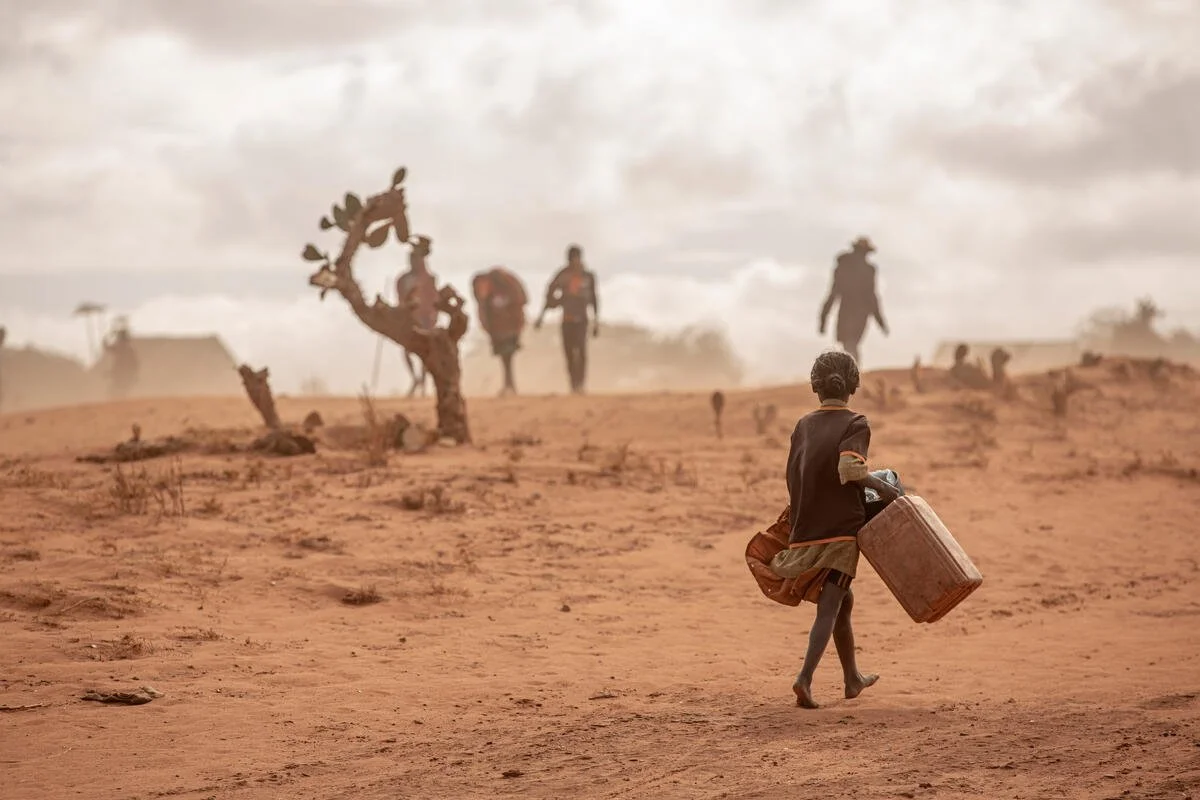Nagorno-Karabakh: One Year On
On 27 September, 2020, there was a rare occurrence: an inter-state war broke out. In this era of “new wars” between insurgency groups, weak states, and terrorist organisations, this sort of thing – good, old-fashioned war – should have been big news. Yet it was not. And when it ended a month and a half later, with significant territorial concessions, few actively reported on it. Today, over a year on from both the war beginning and its ceasefire, the 2020 Nagorno-Karabakh War between Armenia and Azerbaijan is widely forgotten. It should not be this way.
Nagorno-Karabakh is an ethnically-Armenian enclave inside of Azerbaijan. Its legal status is fraught with difficulties – though de jure a province of Azerbaijan, it has its own government that has de facto sovereignty over the territory. During the Soviet period, Nagorno-Karabakh was recognised as part of Azerbaijan, but this was not particularly contentious. Armenians could easy travel into and out of the enclave, and general stability reigned. However, once the Soviet Union collapsed, tensions over the status of the province rose. The Armenians in Nagorno-Karabakh (which they refer to as Artsakh) had no desire to live inside an Azerbaijani nation-state, and declared their independence. In the bloody war that ensued, thousands died, atrocities committed on both sides, and little was resolved. The Republic of Artsakh was declared with little international recognition, but enjoyed control over its territory. A war in 2016 did nothing to change this arrangement.
However, in 2020, Armenia and Azerbaijan once again fought over Nagorno-Karabakh, and this time with much more decisive – and one-sided – results. Invading the province in late September, Azerbaijan used Syrian mercenaries and Turkish drones to quickly gain control over about half of Nagorno-Karabakh. War crimes committed by Azerbaijan – including beheadings, the use of banned weapons such as white phosphorus, and the deliberate targeting of Armenian cultural heritage sites – abounded. The Armenians had no one come to their aid, and were forced to sign a ceasefire in November that was brokered by their ostensible ally, Russia. Since then, the international community has forgotten about this war, its devastation on the Armenian community around the world be damned.
The lack of international focus on this issue has allowed crimes by the Azerbaijani government to continue. To this day, Azerbaijan illegally holds tens of Armenian soldiers as prisoners of war (POWs), despite the war being officially over. Thirteen of these soldiers were sentenced to prison in Azerbaijan for their role in the conflict. This is a blatant violation of international law, and despite calls from multiple international agencies to return these POWs, their detainment continues. Since the war ended, tens of thousands of Armenians have been displaced from their traditional homeland in Nagorno-Karabakh, likely to never return. Cultural sites in the province have been desecrated and will likely be destroyed if they have not been already. And with regional allies on their side, nothing is stopping Azerbaijan from finishing the job in a few years’ time.
Why has this so obviously one-sided conflict full of war crimes and bad actors been ignored by the international community? And when it has not been, why have countries failed to actually punish Azerbaijan? These are tricky questions, and answering them gets into speculative territory. First, Azerbaijan is supported both by Turkey and Israel, important allies of the West (despite Turkey’s recent behaviour). The US actively supporting Armenia would strain both relationships, especially with Turkey, at a time when both of them are fairly fragile. Second, Azerbaijan has significant oil reserves, adding to its geopolitical significance. Azerbaijan has leveraged this oil to work with the West in the past, and it is part of the reason Russia did not come to Armenia’s aid in 2020. Third, Azerbaijan and Turkey both have powerful lobbies that they use to spread disinformation and pressure lawmakers to do nothing about Azerbaijan’s actions. Armenia has the opposite – a small (but dedicated lobby), no oil, and no important geostrategic positioning. Once again, this is somewhat speculation, but it is hard to imagine that the international community is making an objective judgement in this case.
To pre-empt any counter-arguments, none of this is to deny that Armenia committed war crimes of their own in the 1990s. That war was brutal and devastating for everyone involved, and there is no doubt it has influenced the Azerbaijani psyche as much as it has impacted Armenians. At the same time, that does not excuse the war crimes committed in the 2020 war, almost entirely by the Azerbaijani military and its proxies. There is clearly a lot of peace-building and reconciliation required to create lasting peace between Armenia and Azerbaijan and within Nagorno-Karabakh; but that does not justify committing war crimes in the meantime.
One year later, then, this war is forgotten – if the Western public even knew it happened. The war crimes remain unpunished. Historically significant churches lay in ruins. A park for military trophies – such as Armenian helmets – has been established by Azerbaijan. The oil continues to flow. It might be too much to ask for something to be done about this disaster, when only 31 countries officially recognise the Armenian Genocide. But at the very least, we who know about the conflict can remember it, advocate for justice for it, and think about what can be done to stop another war from breaking out in Nagorno-Karabakh. Who knows what the situation will look like two years on? In some ways, it can only go up from here.
Image Courtesy of Voice of America via Wikimedia, © 2021, some rights reserved.



